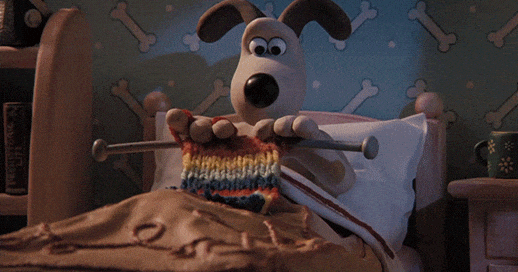Last month, Christine Benz of Morningstar released her new book How to Retire (Bookshop.org). It goes pretty deep into the math of retirement plan withdrawals, but it also talks about how to plan for daily life in retirement. It’s great information that applies to any life transition, really.
She suggests that we:
Invest in health.
Invest in spending that matters, and
Invest in relationships.
While we’re trying to make a living and save money and figure out what we can and cannot afford, we often overlook these factors.
While there is much about health that we cannot control, eating a better diet, getting enough sleep, and getting more exercise will make it easier to do the things that matter to us. So why not start today? In my case, I switched my breakfast to overnight oatmeal last year when the price of the fancy health-food (but not exactly healthy) cereal that I was eating got way too expensive. It saves me money, and my cholesterol was down on my last appointment.
The discussion of investing in spending was good and went beyond that pat “Spend on experiences!” advice that we often see. Again, that’s good advice, but it’s only partial. The idea is that certain expenditures will bring us more happiness than others. Rather than looking for ways to cut back or budget, find a few areas where spending more would actually make you happier. If you like to cook, splurge on new metal or wooden spatulas to replace your black plastic ones. If you hate winter, spend up on high-quality long underwear. This isn’t a wild spree, just intentional allocation of funds in ways that matter.
Even if you don’t like to cook, you should probably get rid of your black plastic spatulas.
Investing in spending that matters includes investing in hobbies, so that you can continue to exercise your brain. While we’re all busy, sometimes we’re a little less busy than other times, so take advantage of that and take up (or pick up) a hobby.
The final point is to invest in relationships. I always liked the Girl Scout advice: make new friends and keep the old, because one is silver and the other is gold. Relationships can last forever, and they can be disrupted easily. For example, a lot of people find that their social lives revolve around their kids’ sports schedules. Then their kids graduate and leave the house, and now the parents have big holes in lives. Investing in relationships takes some work, but it can pay off big time.
I mean, we all know people who have retired and now spend all of their lives in front of the TV. That’s not good. Dislocation is part of life, whether we like it or not, and finding ways to deal with it is key to having a better life.
What do you think?






I really thought this sentence was going to end differently: "If you hate winter, spend up on high-quality long underwear." Like, with "plan a trip somewhere warm." ;) I know that may not be possible for all (and high quality long underwear IS great advice), but my husband and I look at a scuba trip somewhere warm in the winter as an investment in all 3 points. It's good for our health, it's spending money on experiences & learning, and it's an investment in our relationship. Nothing against counseling, but I'd rather spend money proactively, doing things that bring us together and build our relationship, than skimp on that. (All that said -- we did not take a trip last year b/c we both had surgeries, and you know, those cost money. And time)
love this column and interesting as it is very timely for our family -- will look for that book